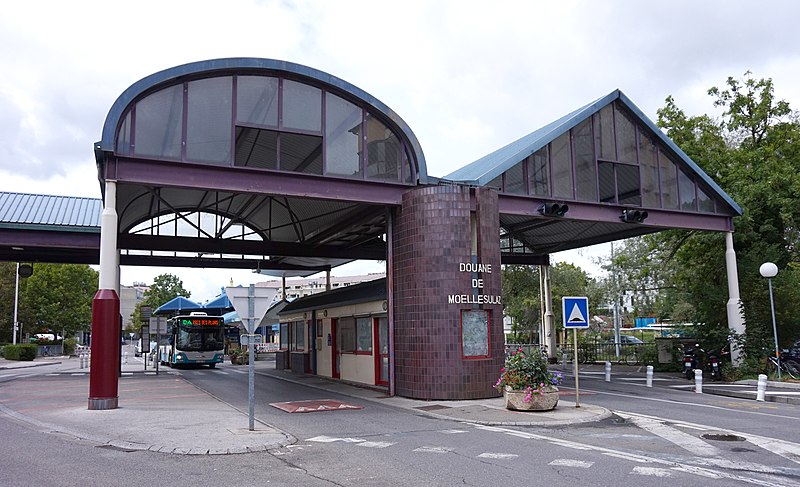
Starting this week, France will extend identity controls to all its land borders, expanding a measure that has been in place at the French-Italian border since 2015. The broader border control
initiative will officially begin on November 1.
“This is a model that has proved its worth,” French Prime Minister Michel Barnier wrote on social media platform X after visiting the French-Italian border. "We are going to extend it to all France's land borders," he added.
Targeting Illegal Migration and Security Threats
The primary aim of these controls is to address illegal immigration. Under European law, countries in the Schengen area — where people can generally travel freely — are allowed to impose temporary border checks. However, France has already extended the duration of these controls, as have other European countries.
France’s justification for the expansion cites “serious threats to public order and internal security” from terrorist activities, the presence of criminal networks facilitating illegal migration and trafficking, and concerns about migratory flows potentially infiltrated by radicalized individuals.
A Broader European Trend
Germany implemented border checks in mid-September, including at its border with Belgium, focusing on selective spot checks. The Netherlands also plans to introduce similar controls at the end of November, with Prime Minister Dick Schoof announcing that irregular migrants and asylum seekers who have applied elsewhere in Europe will be sent back to Germany or Belgium.
Germany recorded over 53,000 unauthorized entries in the first nine months of the year, according to German police. In a statement to Bild newspaper, they revealed that provisional figures showed the arrest of 1,195 human smugglers, along with 1,088 cases of human smuggling. These figures don’t include controls at airports and ports.
Border checks also led to the recovery of 7,783 individuals with outstanding arrest warrants, including international warrants. Most of the returns occurred at borders with Switzerland, Poland, and Austria, primarily involving nationals from Ukraine, Syria, and Afghanistan. Officers also intercepted nearly 1,500 individuals previously deported from Germany attempting to re-enter. Photo by Tiia Monto, Wikimedia commons.



































